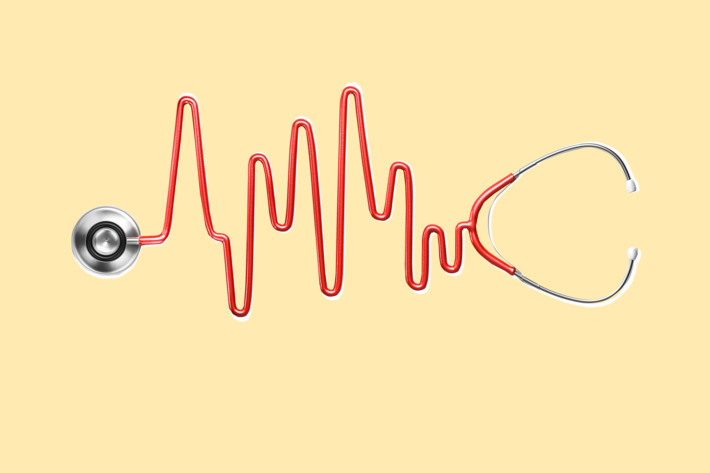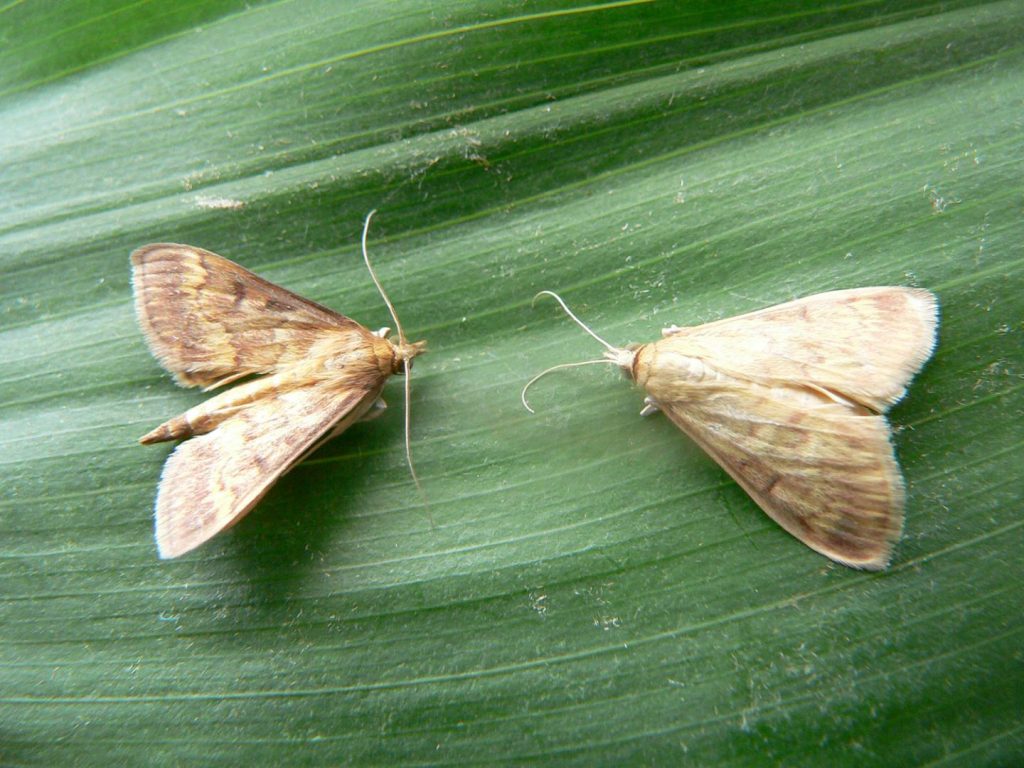One of my best hours! With British psychiatrist Joanna Moncrieff, this is a must-listen-to show. It is thoughtful from beginning to end about how psychiatric…

Given its distance from the brain, neuroscience hasn’t had much to do with the heart quietly thumping in your chest. But to get a fuller…

Female moths produce a sex pheromone, a different blend of chemicals for each species, which attracts males from a distance. Males detect these chemicals with…

What is salient is not important. What is important is not salient. The media turns us away from the issues that will determine the course…

Is my yellow the same as your yellow? Does your pain feel like my pain? The question of whether the human consciousness is subjective or…

Scientists have discovered a compound – found in interstellar dust – that also acts to generate the spark of life in every living cell in…

Juliee de la Terre, She holds an MS from the Gaylord Nelson Institute for environmental studies at University of Wisconsin Madison. She has been an…

Seeing a child steal a toy from a fellow playmate. Watching a stranger cut in line at the grocery store. When we witness something unjust,…

The brain’s powers are a little overrated. To keep your body going, you don’t need a functioning brain, but you do need something to provide…
A simple injection is now all it takes to wire up a brain. A diverse team of physicists, neuroscientists and chemists has implanted mouse brains…

Every cell in the human body is under the command of DNA—the blueprint that determines whether you’ll be a righty or a lefty, short or…

It may be possible to live longer and increase fertility by manipulating diet, according to world-first research in mice from the University of Sydney's Charles…
